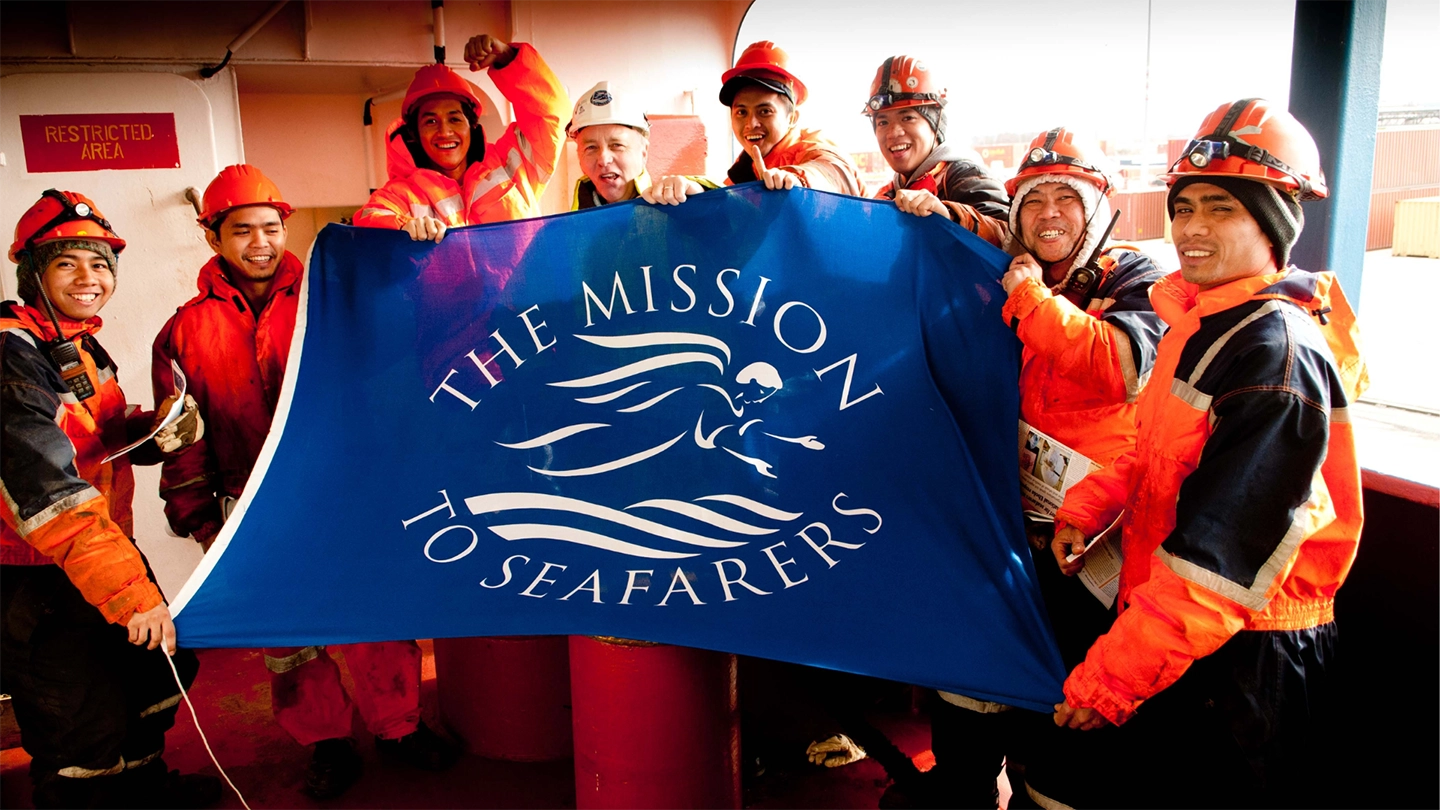Last Updated: 1st May 2025
Mission to Seafarers : Supporting Mental Health and Wellbeing with Digital Training
Mission to Seafarers aimed to reach their far-flung, global audience and offer support, knowledge and insights that truly makes a difference to their mental health and wellbeing.
Business Compliance
Case Study
)
About Mission to Seafarers
Life at sea isn’t easy. The 1.5 million seafarers who work at sea face money worries, mental health issues and loneliness, not to mention dangerous conditions and a lack of facilities. This is where Mission to Seafarers comes in.
A registered charity, they offer practical, emotional and spiritual support to the seafarers. This support comes in many guises, but one of them is training programmes. To begin with, they developed two full-day face-to-face training programmes – one focused on financial wellbeing, the other on social communication – with the aim of reducing the exploitation of seafarers and their families. It provided the knowledge, tools and support the seafarers needed to safeguard their mental heath and wellbeing.
But, as is often the case with face-to-face training, they were struggling to reach everyone. Knowing this didn’t have to be the case, the reached out to us for digital learning advice.
The Aim
To reach their far-flung, global audience and offer support, knowledge and insights that truly makes a difference to their mental health and wellbeing.
With 15 face-to-face sessions held in 2019 to 6,000 learners, Mission to Seafarers knew there had to be a way to reach even more of their 1.5 million seafarers. But it wasn’t just about the numbers they were after, they had to make sure that the new approach handled the topics – financial worries and social communication – with the sensitivity that they required.
They turned to us to see if digital learning could help. The charity knew that the workshops were vital in increasing the seafarers’ confidence in financial and mental health matters, allowing them to take more control themselves, and they did not want that to get lost in a new approach. They understood that digital learning would help to reach a larger audience.
E-learning, whether for seafarers or our own Chaplains, is the starting point for discussions on mental health and implementing new ways to maintain mental and physical health within a career at sea.
To truly ensure that the face to-face sessions were appropriately translated into digital, and in a way that honoured such sensitive topics, they needed to to find a digital learning provider who understood just that.
The Challenges
• Limited internet access: Modules needed to be designed for low bandwidth internet access and for delivery through the on-board vessel LMS systems.
• Sensitive topics: The topics needed to be handled carefully to ensure that learners felt support and understood, as well as engaged and motivated to make changes.
 /n/n### How We Helped Them
/n/n### How We Helped Them
The relationship was strong from the start. After initially reaching out to us through our website, we had various conversations with Mission to Seafarers and shared content we had created that dealt with sensitive topics – mental health courses, and our Home Office female genital mutilation (FGM) course.
They were impressed with the approach to these topics, and could see we went to great lengths to care for the learner. To kick off the project, our Learning Technology Consultant ran impact workshops to help them visualise success – what it would look like and how it would be measured. This is an important, yet often overlooked, step, which would help them them assess the overall success of the project once it’s launched.
Each of their original training workshops was translated into an equivalent course, and to ensure we met the needs and honoured the sensitive nature of the topics, it was decided we’d offer a bespoke solution. This included scoping, design and build, as well as project management, testing and success and impact planning. We knew that, for the courses to work, the learners had to understand that we were on their side.
We worked closely with Mission to Seafarers to ensure the modules were interactive, engaging and thought-provoking. We used many different methods to keep the learner at the heart of the way the content was written and designed.
The WeCare e-learning courses, developed by Virtual College, have become our primary training product in the WeCare programme for two reasons; the first is because of its diversity, its ability to be accessed through a range of channels and devices. The second is it’s a great way to introduce the topic ‘well-ness’ to seafarers and explore two prime influencers of mental health – long distance relationships and money. Through e-learning we can also include innovative features, like the Safe Space, which can direct seafarers to two helplines.
Mission to Seafarers
